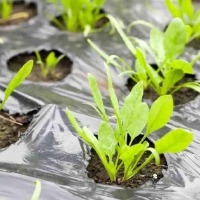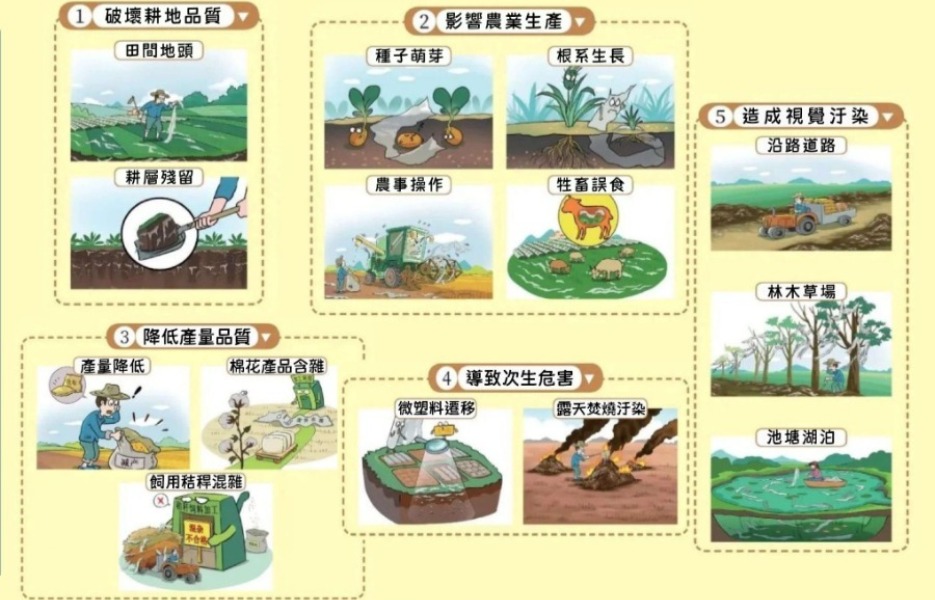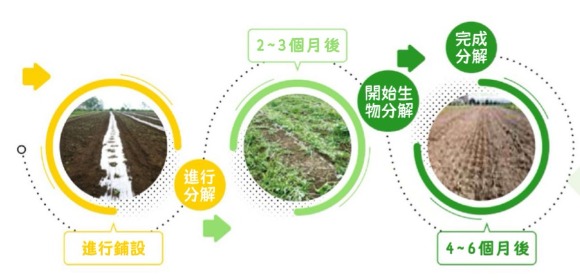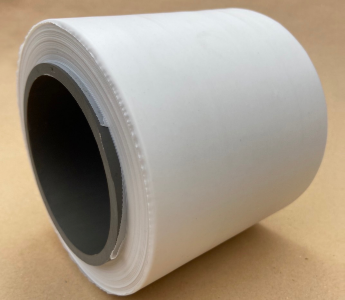
The Necessity of Plastic Mulch
-
Mitigating the impact of monsoon climate: The coverage of plastic mulch increases the daily average temperature of the top 5cm soil by 2°C to 4°C.
-
Increased crop yields: The use of plastic mulch advances the crop's growth period, allowing for an earlier harvest by 10 to 15 days.
-
Improved water utilization efficiency: The application of plastic mulch enhances crop yield by 24.3% and increases water utilization efficiency by 27.6%.
-
Reduced labor intensity: The use of plastic mulch reduces the time required for manual weed control and pest management by 20%.
Residual Issues of Plastic Mulch

Caring for Our Land, Starting with You and Me.
Biodegradable Eco-friendly Agricultural Mulch
Biodegradable Eco-friendly Agricultural Mulch The environmentally-friendly biodegradable mulch is a new type of mulching product manufactured using biotechnology. Compared to traditional plastic mulch, this type of mulch does not cause environmental pollution during use. It exhibits excellent biodegradability, as it can be decomposed by microorganisms in the soil and transformed into organic matter, which helps improve soil fertility.
The eco-friendly biodegradable mulch does not contain harmful substances and chemical additives found in plastic mulch. Additionally, it has good light resistance and moisture resistance, fully meeting the requirements of modern agricultural production. The large-scale production and application of this mulch effectively reduce plastic pollutants that may accumulate on the soil surface. Moreover, this mulch naturally degrades after use, causing no long-term environmental pollution. Therefore, eco-friendly biodegradable mulch is considered a green and sustainable product with broad application prospects.
Safety: Non-toxic and harmless, posing no harm to crops or soil.
Operability: Meets the mechanical requirements for large-scale mulching operations.
Functionality: Primarily used for temperature regulation, crop protection, and weed prevention.
Crop Compatibility: Matching the needs of crops with the functions of mulch coverage.
Controlled Degradation: Begins to degrade while meeting the functional requirements of crops.
Economic Viability: Affordability and profitability are crucial.
Case Study in Japan
Fully biodegradable mulch fractures within the required time frame and can be tilled into the soil without the need for retrieval, causing no pollution. It completely degrades into carbon dioxide, water, and inorganic residues.




